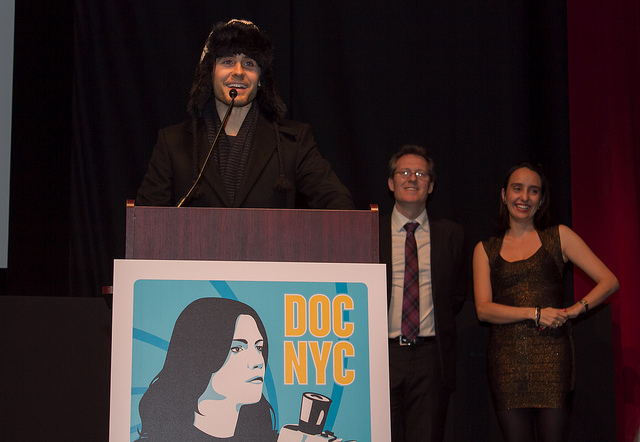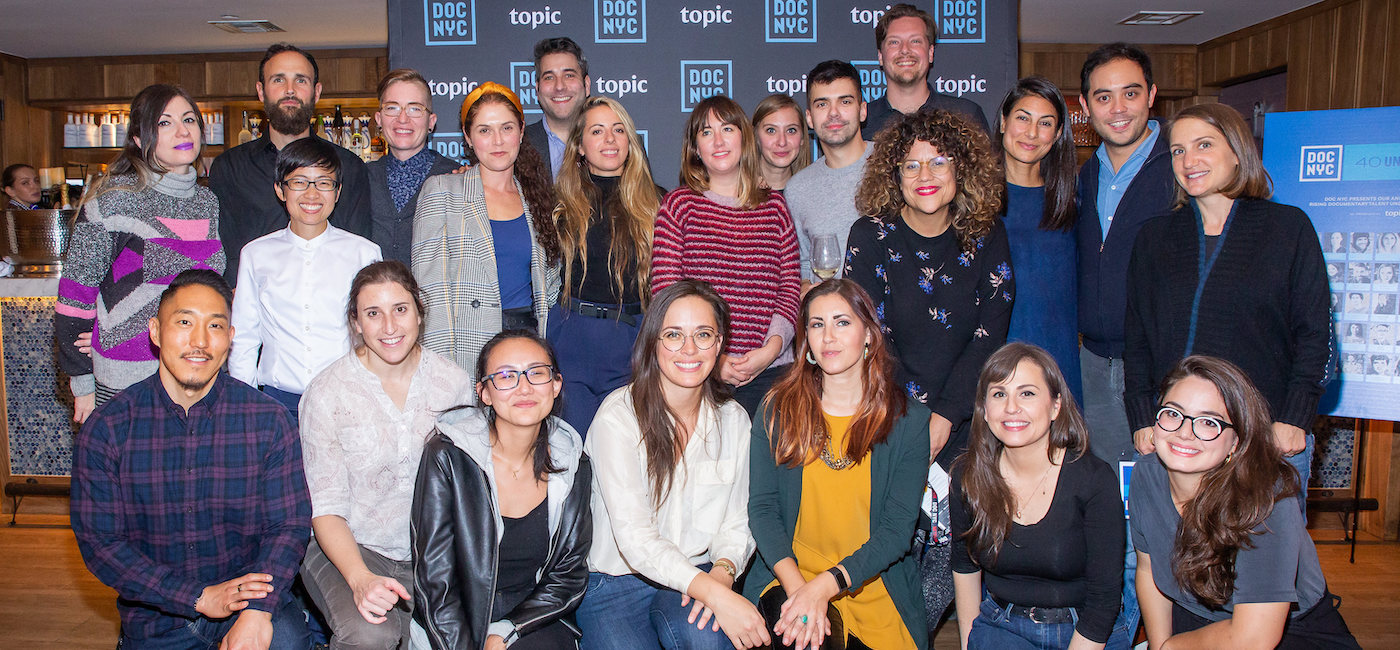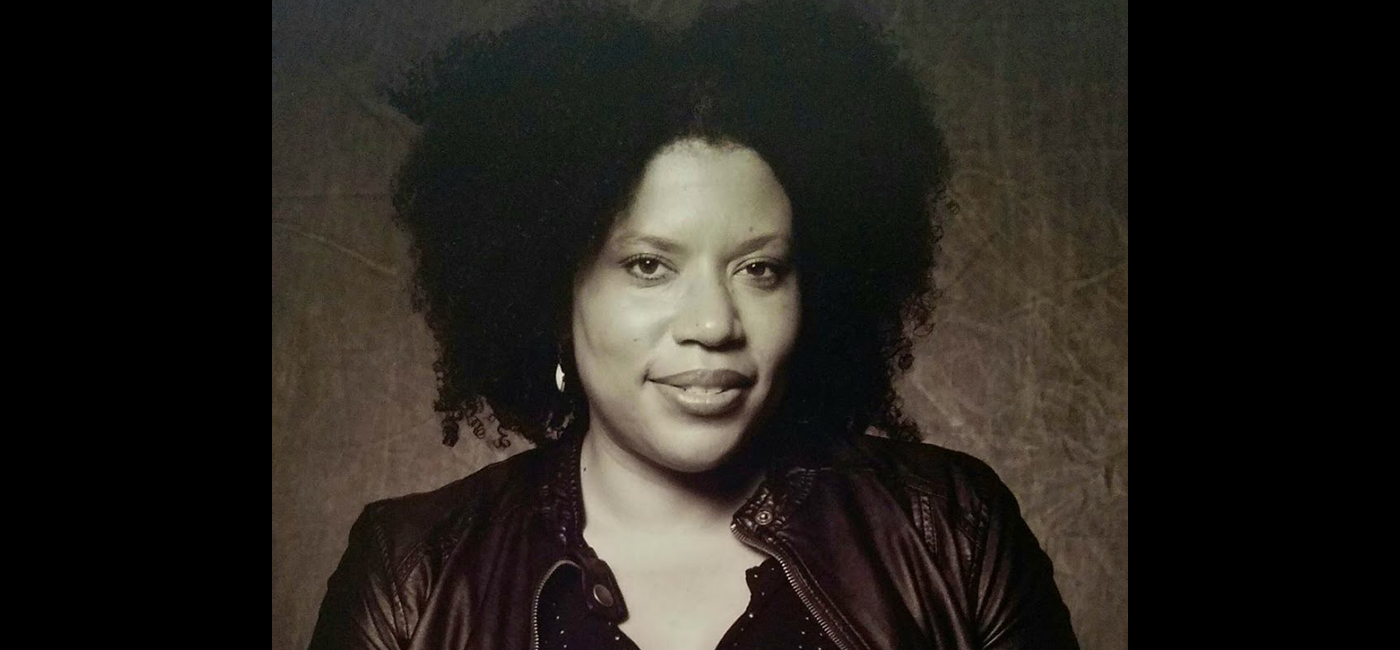Artifact Shines a Light on the Record Industry

 Musician and actor Jared Leto introduced the film ARTIFACT last night at DOC NYC’s opening night.
Musician and actor Jared Leto introduced the film ARTIFACT last night at DOC NYC’s opening night.
In retrospect, the genesis of what would become the documentary film ARTIFACT seems pedestrian enough. The members of the rock band 30 Seconds to Mars, about to embark on the making of their third album This is War, decided to record the process on film.
But in a bizarre turn, the band found itself facing down a $30 million lawsuit from their own record label, who claimed that they had failed to deliver on their contract to produce three albums. Instead of capitulating to the demands of faceless corporate record label EMI, 30 Seconds to Mars decided to square off against it in litigation, yielding a modern David versus Goliath tale.
“This is a film that was really personal, it was a labor of love,” said 30 Seconds to Mars lead singer and actor Jared Leto while introducing the film at DOC NYC. “We take you inside the laboratory, the studio–inside our hearts and minds, and share with you how difficult this period of our lives was. Battling a massive corporation and fighting for what we believed in.”
A cleverly edited film, ARTIFACT displays the intimacies of the band’s conflict with the major label record industry, which too often relies on the promise of fame and fortune to shackle bands to contracts that turn them into little more than indentured servants.
But the film also gives viewers a great grounding in the disruption that the music industry has faced from the rise of digital media, as well as the widespread adoption of the illegal downloading of music by consumers. “We believe it was important for audiences around the world to know how things work so they can be better informed when they make decisions about how they interact with and support artists,” said Leto.
Cognizant of the structures that all actors in the music system seem to be caught up in, Leto also made it a point to note that he understood the difficulties faced by record companies themselves. “They’re not bad people,” he said. “They happen to work in a business that has a lot of challenges, and, in my opinion, needs a good solid look at.”




